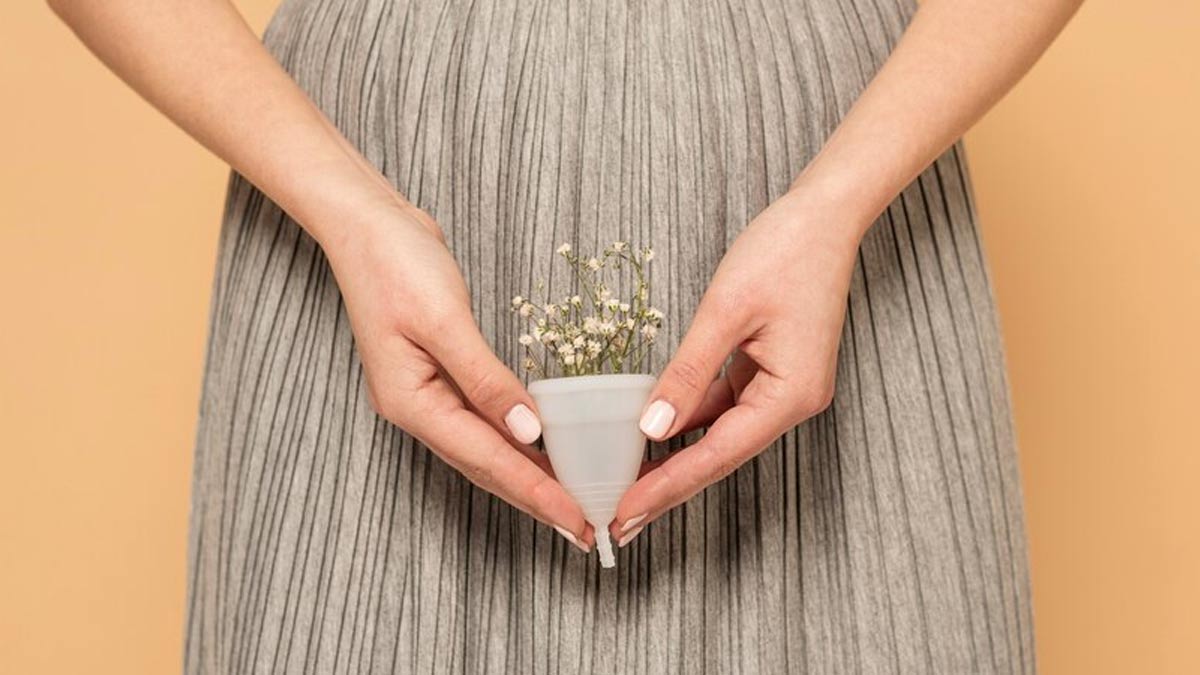
Vaginal yeast infections, caused by the overgrowth of Candida albicans fungus, can be uncomfortable and disruptive to daily life. While conventional treatments exist, eating a zinc-rich diet or topical application regularly may offer additional benefits in managing and preventing yeast infections. Let’s explore the role of zinc in treating vaginal yeast infections and its potential benefits for vaginal health.
Table of Content:-
How Zinc Helps Combat Vaginal Yeast Infections
Vaginal yeast infections occur when the natural balance of yeast and bacteria in the vagina is disrupted, according to the Centres of Disease Control and Prevention, leading to symptoms such as itching, burning, discharge, and discomfort during urination or intercourse. Factors like antibiotics, hormonal changes, weakened immune systems, and high sugar intake can contribute to yeast overgrowth.

The UK Research & Innovation cited a small study conducted in women dealing with vaginal yeast infection. The results found that 5 out of six women, after applying a zinc-rich topical moisturiser, didn’t experience reinfection. Here’s how a diet rich in zinc can help you fight such infections:
- Antifungal Properties: Zinc exhibits antifungal properties that can help inhibit the growth of Candida albicans fungus, the culprit behind most vaginal yeast infections. By targeting the fungus, zinc contributes to the restoration of vaginal flora balance.
- Immune Support: Zinc plays a vital role in immune function, helping the body combat infections more effectively. A strong immune system is crucial for fighting off yeast overgrowth and preventing recurrent infections.
- Anti-Inflammatory Effects: Zinc has anti-inflammatory properties that can reduce inflammation and irritation in the vaginal area, providing relief from symptoms like itching and redness associated with yeast infections.
- Skin Healing: Zinc promotes wound healing and skin regeneration. In cases where vaginal yeast infections cause skin irritation or small tears, zinc can aid in the healing process and soothe discomfort.
Also Read: Yeast Infections Extend Beyond Intimate Areas: Other Skin Areas Vulnerable To Infection

Ways to Incorporate Zinc for Vaginal Health
If you are dealing with vaginal yeast infections, here’s how you can add zinc to your diet:
- Dietary Sources: Include zinc-rich foods in your diet, such as oysters, red meat, poultry, legumes, nuts, seeds, and whole grains. A balanced diet ensures adequate zinc intake for overall health.
- Supplements: Consult with a healthcare provider before starting zinc supplements. They can recommend the appropriate dosage based on your individual needs and health status.
- Topical Application: Some zinc-based creams or ointments are available for topical use in managing vaginal discomfort and supporting skin healing. Follow product instructions and consult with a healthcare professional if needed.
- Hygiene Practices: Maintain good hygiene practices, such as wearing breathable cotton underwear, avoiding harsh soaps or douches, and practising safe sex to reduce the risk of vaginal infections.
Also Read: Causes And Risk Factors Of Male Yeast Infection: Warning Signs In Men
Cautionary Notes and Conclusion
While zinc offers potential benefits for treating vaginal yeast infections, it's essential to approach its use with caution:
- Consultation: Always consult with a healthcare provider before starting any new supplement or treatment, especially if you have underlying health conditions or are pregnant or breastfeeding.
- Dosage: Follow recommended dosages and guidelines for zinc supplementation to avoid excessive intake, which can have adverse effects.
- Holistic Approach: Zinc should be part of a holistic approach to vaginal health, including proper hygiene, a balanced diet, stress management, and regular medical check-ups.
Zinc's antifungal, immune-supporting, and anti-inflammatory properties make it a valuable ally in managing and preventing vaginal yeast infections. By incorporating zinc into your vaginal health routine responsibly and under professional guidance, you can promote a healthier, more comfortable vaginal environment and overall well-being.
Also watch this video
How we keep this article up to date:
We work with experts and keep a close eye on the latest in health and wellness. Whenever there is a new research or helpful information, we update our articles with accurate and useful advice.
Current Version